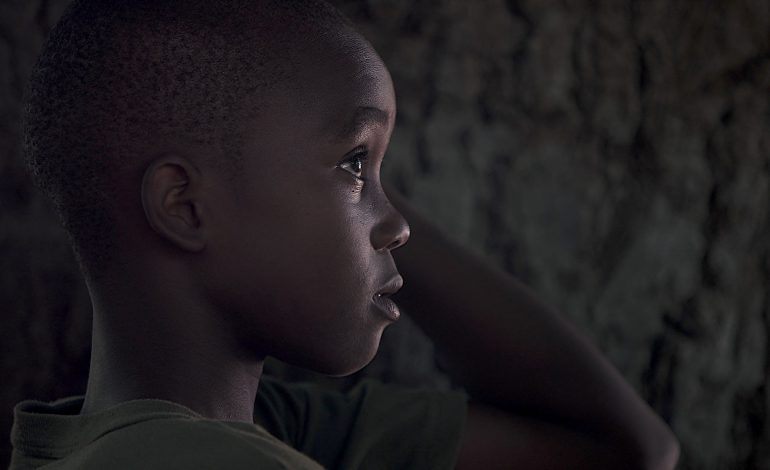Antisocial Behaviour in children

Antisocial behaviour is action displayed by a person that causes or is likely to cause alarm, distress or harassment to others.
In children signs of anti-social behaviour begin at the age of three or four and if not stopped or treated before age nine, can become severe.
Symptoms of the behaviour in children
Parents should look out for habits such as stealing and lying often and simply to the family at home, and teachers at school at that early age. If not noticed it may advance to chronic delinquency and dropping out of school a few years later. Being abusive to animals or other people is another sign.
Photo by Zach Vessels / Unsplash
Severe forms of antisocial behaviour
Conduct disorderOpposite defiant disorder diagnosisAntisocial personality disorder in adults
Symptoms of the behaviour in adults
Compared to children, adults have more aggressive symptoms that are targeted towards teachers, bosses, family, other adults and authority.
Examples of such behaviour are
ArroganceLack of remorseUsing charm to manipulate Lack of conscience and sympathyAggressive and violent tendenciesDisregard and abuse of authority or other people’s rights
What causes antisocial behaviour
Antisocial behaviour is developed and shaped in the community around the child. Social interactions with family members, neighbourhood and or school environment.
Other things that can influence this disorder are a child’s cognitive ability – learning disabilities, exposure to violence, irritability and temperament, befriending deviant peers or deficit of cooperative problem-solving skills. Depression, impulsivity and hyperactivity are not to be ignored as well.
How to prevent antisocial behaviour
As stated before, it is advisable to stop or treat any antisocial behaviour symptoms at an early age through any of the following:
Primary prevention – engaging in school activities
Taking anger management skillsTeaching them conflict resolution and emotional literacy
Secondary prevention – individualized activities
Counselling – small group social skills lessonMentoring – special tutoring
READ ALSO: UNPACKING LEARNING DISORDERS IN CHILDREN
Tertiary prevention – treatment
Teamwork communication – parents, teachers and councillors working with the childrenContinuously intense counselling Behaviour family intervention Cognitive behavioural therapy Problem-solving skills training Family therapy and adolescents therapy
Your role as a parent
As a parent, you have an important role to play especially when the children are young. One of the measures you can take is management training which will encourage creating positive relationships and improve school performance. You can also try;
Exercising reasonable disciple methods and being an authoritative parentBeing warm and affectionate towards themPracticing patience and polite confrontation/conversation Photo by Alexandre Barbosa / Unsplash
High-risk factors
Genetic factors can contribute a lot to a child having antisocial behaviour. Parents need to be aware that this behavioural disorder can be passed down from them. It may be also be caused by the things they have done even before their children are born.
Having a history of antisocial behaviour, alcohol and drug abuse and psychiatric disorder such as maternal depression can increase the chances of the child having the disorder.
Environment is also very important to children’s growth and development. Putting children in a chaotic home due to domestic violence for example, or an unstable environment due to death, divorce, substance abuse or unemployment can cause antisocial behaviour.
Finally, the absence of good parental skills at home can also lead a child to develop antisocial behaviour.
Last words…
It may not be easy to notice when your child is anti-social. However, as a parent, it is extremely important to pay attention to your child especially when they start showing signs of this disorder and get them help.




